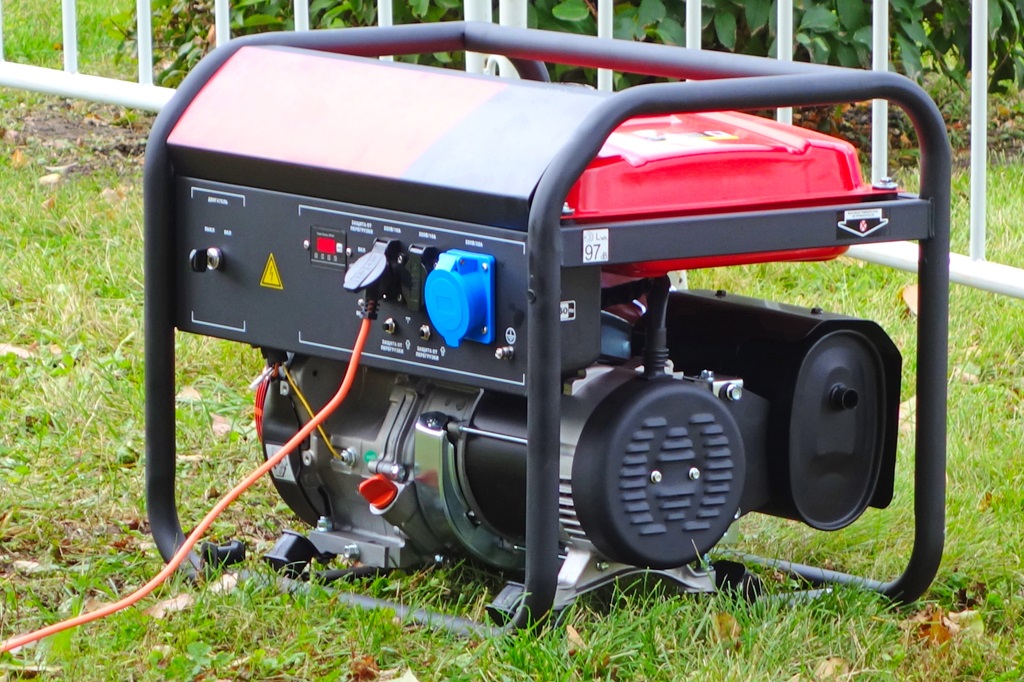WESTMORELAND, Jamaica — Electrical engineer Shavalo Porter has issued a stark warning to consumers about the pitfalls of purchasing inadequate generators for home use. According to Porter, many of the smaller, cheaper models flooding the market are virtually ineffective for household needs. ‘Anything under 3000 watts hardly makes sense,’ he told the Jamaica Observer. ‘If your generator can’t even power a refrigerator, it’s a waste of money. Trust me.’
While some believe that small generators can sustain basic appliances, the reality is that most household devices—refrigerators, washing machines, and even water pumps—require significant wattage to function properly. For instance, a refrigerator alone may need between 1,200 to 2000 watts during startup, rendering a 1000-watt generator insufficient or entirely useless. The required wattage, however, varies depending on the appliance’s specifications.
For those seeking reliable backup power, Porter recommends investing in a generator rated at 3000 watts or higher. These models typically cost between $120,000 and $180,000, depending on the brand, fuel type, and features. There are three main types of generators available: diesel-powered, gasoline-powered, and liquefied natural gas (LNG) generators. Diesel models are known for their durability and efficiency but tend to be noisier. Gasoline-powered generators are more common and easier to fuel, while LNG generators are cleaner but less widely available.
Porter also emphasized that owning a powerful generator is only half the battle; proper usage is equally critical. One often-overlooked hazard is the use of inadequate extension cords, or ‘drop cords.’ ‘Many people use small, cheap cords that heat up quickly,’ he cautioned. ‘This can cause backfeeding or even start a fire. Avoid thin Chinese extension cords and invest in a durable, heavy-duty one rated for high power.’
Solar generators, while environmentally appealing, may not be practical during Jamaica’s rainy and stormy seasons. ‘The sun hardly comes out during these times,’ Porter noted. ‘So what will charge it?’
For those preparing for hurricane season or prolonged blackouts, the advice is clear: choose a generator that meets your household’s actual needs, use appropriate cords, and understand the fuel and maintenance requirements. Cutting corners on backup power can lead to far greater costs than the initial savings. Several appliance stores have reported that their generator stocks, ranging from 1000 watts and up, were sold out by Friday.
Roxanne McPherson, a local resident, shared her experience: ‘I couldn’t stand the heat during and after Hurricane Beryl. So I decided, wherever I must find the money, I will find it. I only need my fan running, my phone, and my daughter’s tablet charged. I have canned food, so I’m not too concerned about the refrigerator.’
